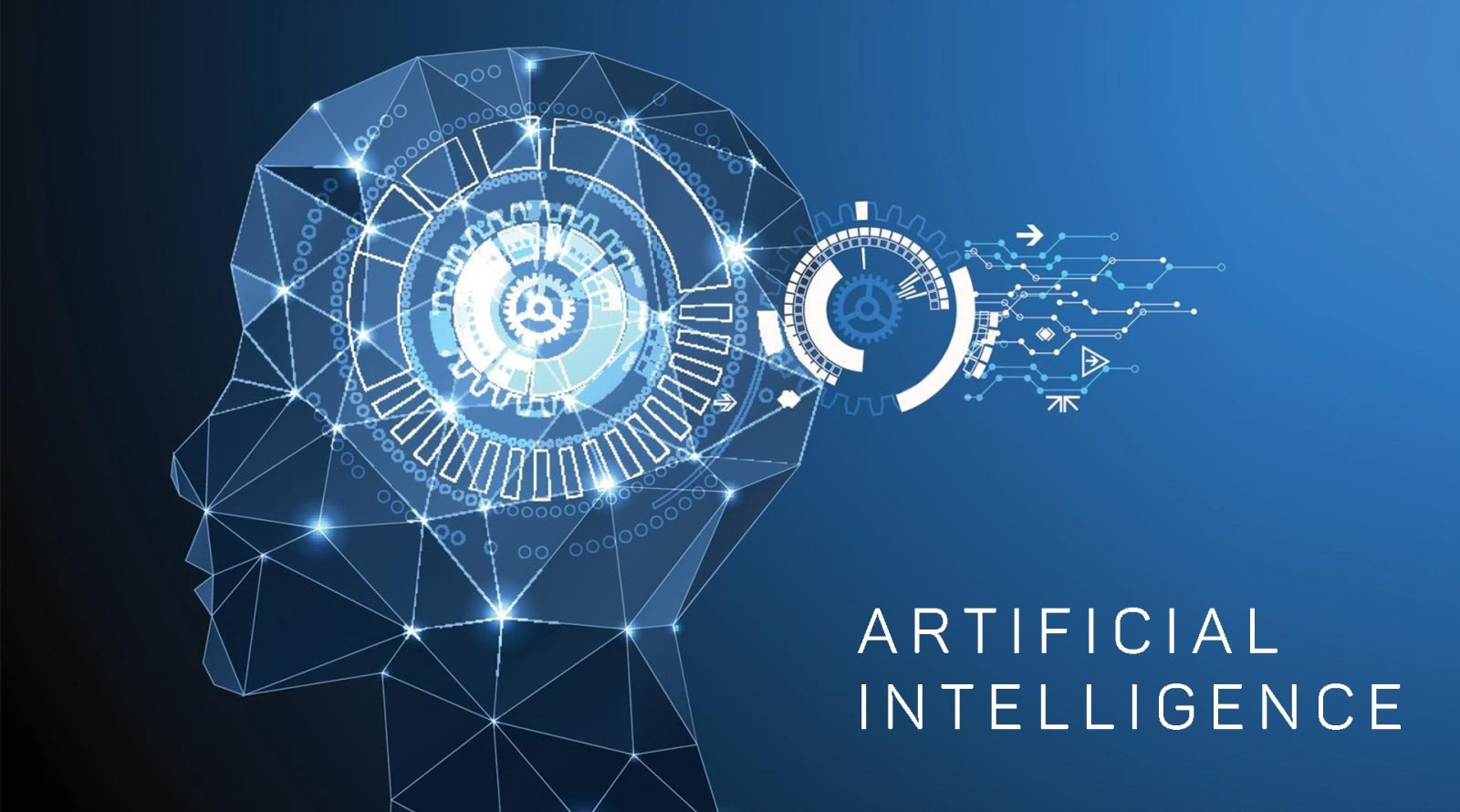
Artificial Intelligence (AI) has emerged as one of the most transformative technologies of our time, with its profound impact spanning across industries and facets of our lives. As businesses and organizations increasingly recognize the immense potential of AI to drive innovation, optimize operations, and unlock new possibilities, the demand for skilled AI experts has skyrocketed.
In the dynamic landscape of 2025 and beyond, becoming an AI expert requires a multifaceted approach that encompasses technical expertise, domain-specific knowledge, and the ability to translate AI-driven insights into tangible business value. This comprehensive guide will provide you with a roadmap on how to become an AI expert, covering the essential skills, qualifications, and job requirements to thrive in this rapidly evolving field.
Understanding the Different Roles of AI Experts
The field of artificial intelligence has given rise to a diverse range of specialized roles, each with its own set of responsibilities and required competencies. Let's explore the key types of AI experts and their unique contributions:
Machine Learning Engineer:
Responsibilities: Design, develop, and deploy scalable and robust machine learning models to solve complex business problems.
Skills: Expertise in machine learning algorithms, deep learning techniques, model optimization, and software engineering principles.
Natural Language Processing (NLP) Specialist:
Responsibilities: Develop systems and applications that can understand, interpret, and generate human language, enabling natural interactions between humans and machines.
Skills: Strong knowledge of NLP techniques, such as text mining, sentiment analysis, and language generation, as well as experience with NLP frameworks and libraries.
Computer Vision Engineer:
Responsibilities: Create systems that can analyze and interpret visual data, such as images and videos, for applications like object detection, image classification, and facial recognition.
Skills: Proficiency in computer vision algorithms, deep learning techniques, and expertise in frameworks like TensorFlow, PyTorch, or OpenCV.
Robotics and Autonomous Systems Engineer:
Responsibilities: Design and develop intelligent, autonomous systems that can perceive, reason, and act in complex environments, such as self-driving cars or industrial robots.
Skills: Knowledge of control theory, sensor fusion, motion planning, and experience in robotics platforms and middleware.
AI Research Scientist:
Responsibilities: Conduct advanced research, develop novel AI algorithms, and push the boundaries of artificial intelligence through academic collaborations and publications.
Skills: Strong mathematical and statistical foundations, expertise in machine learning and AI theory, and the ability to design and execute complex research projects.
AI Product Manager:
Responsibilities: Bridge the gap between business requirements and AI-driven solutions, define product roadmaps, and ensure the successful deployment and adoption of AI technologies.
Skills: Combination of technical understanding, domain expertise, and business acumen to align AI capabilities with organizational goals.
Understanding these diverse AI roles and their specific skill requirements will help you identify the path that best aligns with your interests, background, and career aspirations.
Developing the Necessary Skills
Regardless of the AI expert role you aspire to, there are core skills and competencies that you must acquire to succeed in the field. These include:
Mathematical and Statistical Foundations:
Strong grasp of linear algebra, calculus, probability theory, and statistical inference.
Understanding of optimization techniques, such as gradient descent and constrained optimization.
Machine Learning and Deep Learning Expertise:
Proficiency in machine learning algorithms, including supervised, unsupervised, and reinforcement learning.
Expertise in deep learning architectures, such as convolutional neural networks (CNNs), recurrent neural networks (RNNs), and transformers.
Knowledge of model evaluation, optimization, and deployment techniques.
Programming and Software Engineering Skills:
Proficiency in at least one programming language, such as Python, Java, or C++, for developing and implementing AI solutions.
Experience with AI-specific frameworks and libraries, such as TensorFlow, PyTorch, or scikit-learn.
Familiarity with software engineering best practices, including version control, testing, and deployment.
Domain-Specific Knowledge:
Depending on your area of specialization, develop a deep understanding of the industry, its challenges, and the relevant data sources and business metrics.
For example, an AI engineer working in the healthcare industry would need to familiarize themselves with medical terminology, healthcare regulations, and industry-specific data sets.
Data Engineering and Big Data Management:
Expertise in data extraction, transformation, and loading (ETL) processes.
Knowledge of big data technologies, such as Hadoop, Spark, or Kafka, to handle large-scale, high-velocity data.
Experience in data warehousing, data lakes, and data governance practices.
Communication and Collaboration Skills:
Ability to effectively communicate technical concepts and insights to both technical and non-technical stakeholders.
Strong problem-solving and critical thinking skills to identify and address complex AI-related challenges.
Capacity to work collaboratively in cross-functional teams, contributing to project planning, task coordination, and decision-making.
Continuous Learning and Adaptability:
Commitment to staying up-to-date with the latest AI trends, tools, and best practices through ongoing education, industry events, and online communities.
Willingness to adapt to the rapidly evolving AI landscape and continuously upskill to remain competitive.
Developing these core skills and competencies will prepare you to excel in various AI expert roles and contribute to the transformative potential of artificial intelligence.
Qualifications and Educational Pathways
To become an AI expert, you can pursue the following educational and professional pathways:
Formal Education:
Obtain a bachelor's or master's degree in computer science, mathematics, statistics, or a related technical field.
Consider specialized master's programs in artificial intelligence, machine learning, or data science.
Pursue a Ph.D. in AI-related disciplines for a career in academic research or advanced R&D roles.
Online Courses and Certifications:
Enroll in online courses, nanodegrees, or professional certificates offered by platforms like Coursera, Udacity, or edX to supplement your formal education and gain practical skills.
Earn industry-recognized AI certifications, such as the Google Cloud Certified Professional Machine Learning Engineer, AWS Certified Machine Learning - Specialty, or NVIDIA Deep Learning Institute certifications.
Hands-On Experience:
Participate in AI-focused hackathons, coding competitions, or research challenges to build a portfolio of projects and showcase your skills.
Seek internships or entry-level positions in AI-driven organizations to gain practical experience and apply your knowledge in a real-world setting.
Contribute to open-source AI projects on platforms like GitHub to build a strong online presence and network.
Continuous Learning and Professional Development:
Attend industry conferences, workshops, and meetups to stay informed about the latest AI trends, technologies, and best practices.
Join professional organizations, such as the Association for the Advancement of Artificial Intelligence (AAAI) or the IEEE Computational Intelligence Society, to connect with peers, access resources, and explore career opportunities.
Engage in self-directed learning through online tutorials, technical blogs, and industry publications to continuously expand your knowledge and skills.
By combining a strong educational foundation, hands-on experience, and a commitment to lifelong learning, you can position yourself as a highly sought-after AI expert in the dynamic landscape of 2025 and beyond.
Job Requirements and Career Paths
As the demand for AI expertise continues to grow, organizations are seeking individuals with a diverse set of skills and qualifications. Here are some of the typical job requirements and career paths for AI experts:
Job Requirements: Proficiency in machine learning algorithms, deep learning techniques, software engineering, and data engineering.
Career Paths: Develop and deploy production-ready AI models, work on cutting-edge research and development, or transition into AI leadership roles.
Job Requirements: Strong understanding of natural language processing, text mining, and language generation, along with programming skills and domain expertise.
Career Paths: Build conversational AI applications, develop intelligent chatbots and virtual assistants, or specialize in areas like sentiment analysis or text summarization.
Job Requirements: Expertise in computer vision algorithms, deep learning, and hands-on experience with computer vision frameworks and libraries.
Career Paths: Work on image and video analysis applications, develop autonomous systems for industries like self-driving cars or robotics, or focus on specialized areas like object detection or facial recognition.



